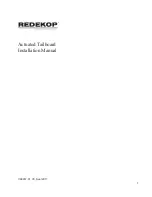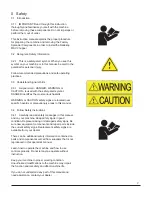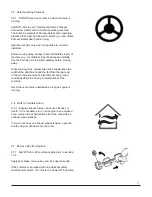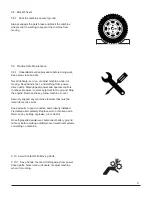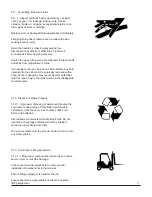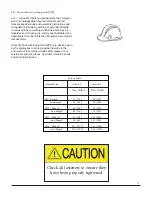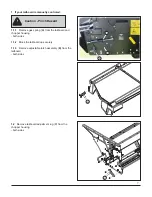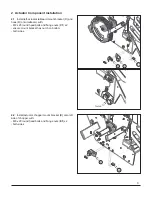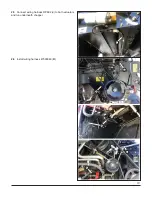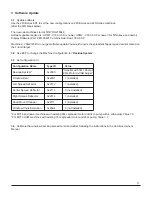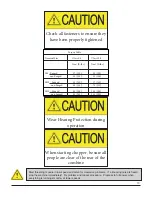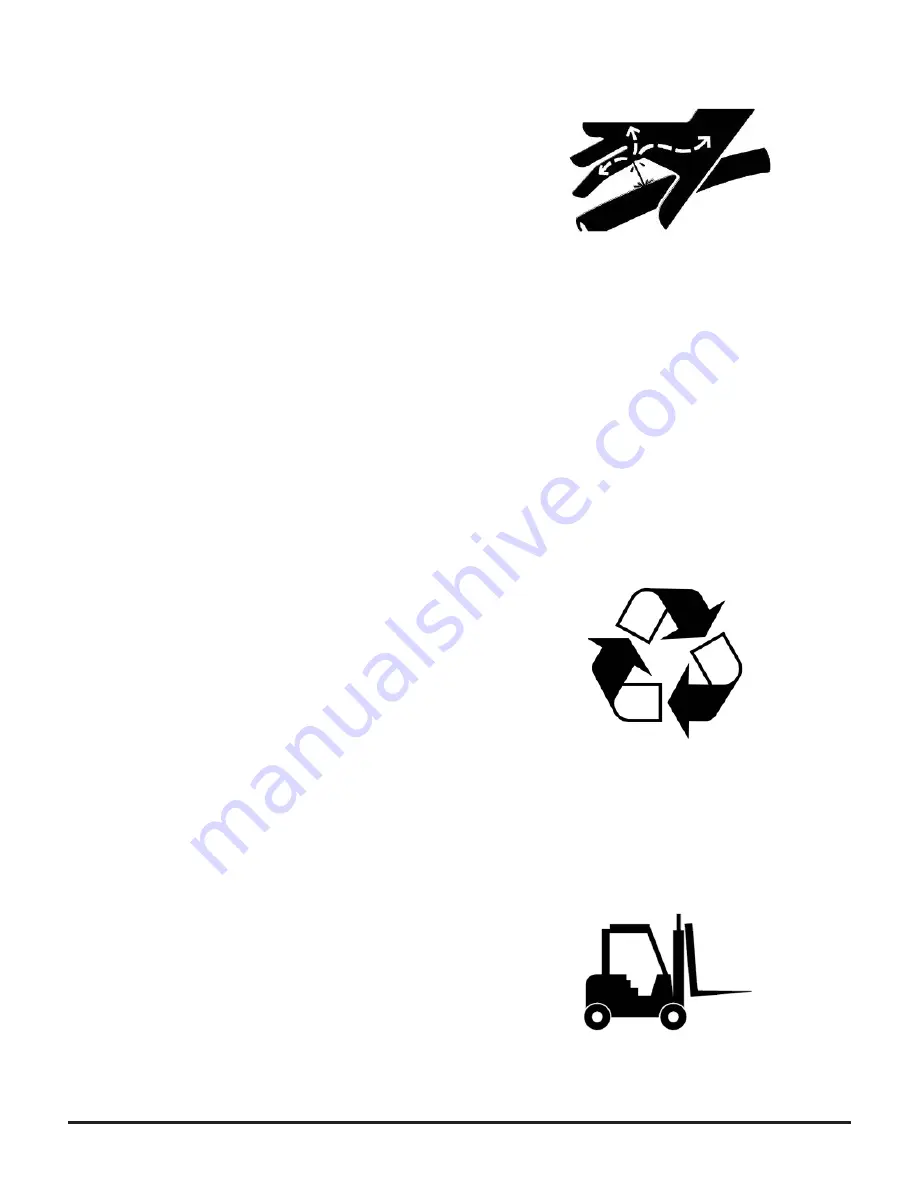
5
0.11 Avoid High-Pressure Fluids
0.11.1 Inspect hydraulic hoses periodically – at least
once per year – for leakage, kinking, cuts, cracks,
abrasion, blisters, corrosion, exposed wire braid or any
other signs of wear or damage.
Replace worn or damaged hose assemblies immediately.
Escaping fl uid under pressure can penetrate the skin
causing serious injury.
Avoid the hazard by relieving pressure before
disconnecting hydraulic or other lines. Tighten all
connections before applying pressure.
Search for leaks with a piece of cardboard. Protect hands
and body from high-pressure fl uids.
If an accident occurs, see a doctor immediately. Any fl uid
injected into the skin must be surgically removed within
a few hours or gangrene may result. Doctors unfamiliar
with this type of injury should reference a knowledgeable
medical source.
0.12 Dispose of Waste Properly
0.12.1 Improperly disposing of waste can threaten the
environment and ecology. Potentially harmful waste
includes such items as oil, fuel, coolant, brake fl uid,
fi lters, and batteries.
Use leakproof containers when draining fl uids. Do not
use food or beverage containers that may mislead
someone into drinking from them.
Do not pour waste onto the ground, down a drain, or into
any water source.
0.13 Use Proper Lifting Equipment
0.13.1 Lifting heavy components incorrectly can cause
severe injury or machine damage.
Follow recommended procedure for removal and
installation of components in the manual.
Ensure lifting equipment is rated for the job
Ensure operator is appropriately licensed to operate
lifting equipment

